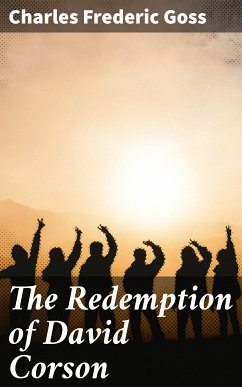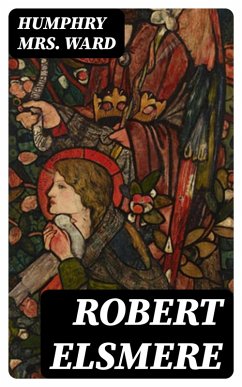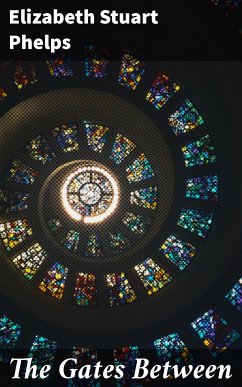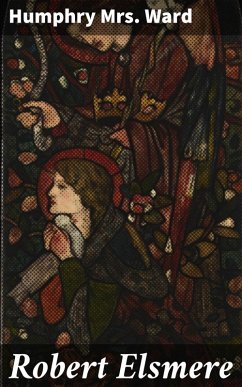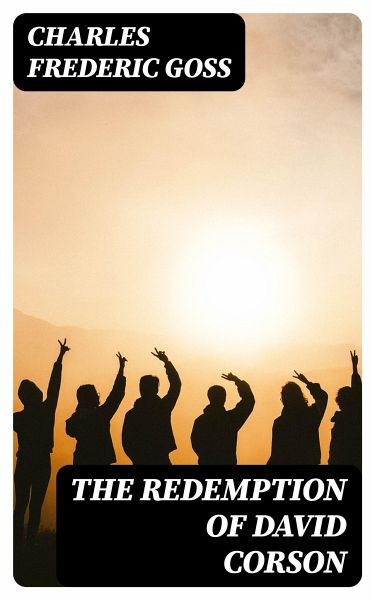
The Redemption of David Corson (eBook, ePUB)
Versandkostenfrei!
Sofort per Download lieferbar
0,49 €
inkl. MwSt.
Weitere Ausgaben:

PAYBACK Punkte
0 °P sammeln!
In "The Redemption of David Corson," Charles Frederic Goss crafts a poignant narrative that delves into themes of redemption, identity, and moral conflict. Written in a vivid, naturalistic style, the novel is set against the backdrop of late 19th-century America, exploring the struggles of its complex characters as they navigate societal expectations and personal dilemmas. Goss's keen observations of human behavior and social mores are reflected in the richly detailed prose, providing readers not only with a compelling story but also a reflection on the human condition that resonates deeply wi...
In "The Redemption of David Corson," Charles Frederic Goss crafts a poignant narrative that delves into themes of redemption, identity, and moral conflict. Written in a vivid, naturalistic style, the novel is set against the backdrop of late 19th-century America, exploring the struggles of its complex characters as they navigate societal expectations and personal dilemmas. Goss's keen observations of human behavior and social mores are reflected in the richly detailed prose, providing readers not only with a compelling story but also a reflection on the human condition that resonates deeply with contemporary audiences. Charles Frederic Goss, a seasoned author and social reform advocate, was profoundly influenced by the socio-political transformations of his era. His background in theology and experience in journalism impart a moral weight to his storytelling, highlighting the inner crises faced by his protagonist, David Corson. Goss's engagement with the issues of sin, redemption, and societal pressures is a testament to his commitment to exploring complex human experiences and moral issues. This novel is highly recommended for readers interested in American literature that transcends its historical context, offering timeless insights into the human spirit. Goss's masterful storytelling invites readers to reflect on personal redemption and the struggle for moral integrity, making "The Redemption of David Corson" a thought-provoking read that remains relevant today.
Dieser Download kann aus rechtlichen Gründen nur mit Rechnungsadresse in A, B, BG, CY, CZ, D, DK, EW, E, FIN, F, GR, H, IRL, I, LT, L, LR, M, NL, PL, P, R, S, SLO, SK ausgeliefert werden.




